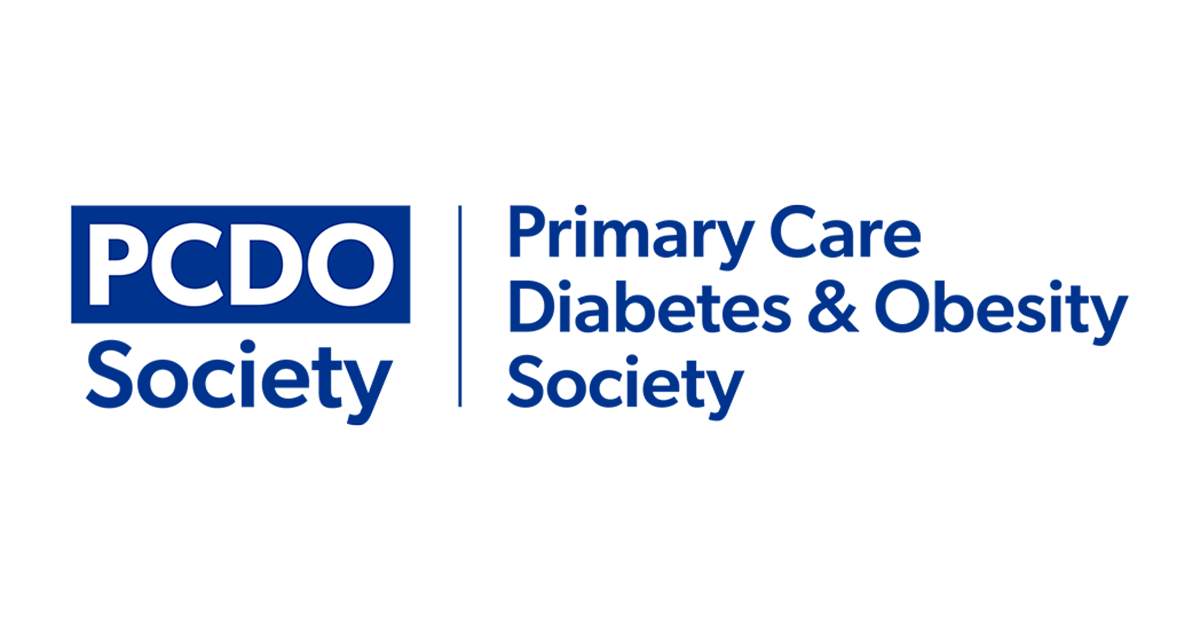The pundits were right. GPs have voted overwhelmingly to support the new contract. This will serve to further enhance our status as number- crunching, box-ticking point chasers.
One of the central supports of the new system will be 1050 quality point for us to collect. And we all know what points mean. Prizes – in this case, monetary prizes. In keeping with the seriousness that the Government suddenly appears to have accorded diabetes, the management of this condition attracts 99 of these points.
Leaving aside for one moment the question of whether the ‘points for quality’ strategy is desirable, or even logical, we have to ask whether it is achievable, and whether it will drive up standards of care.
Impact on standards of care
I have no doubt that in the aftermath of the ‘yes’ vote, the journals will be stuffed with ‘how to get your points’ articles, ‘top ten tips’ and handy pull-out supplements. And IT software companies will no doubt provide templates, facilitating collection of the relevant data.
So the points for keeping a register (6 points) will be easy enough to get, as will documenting that you have told smokers to stop, and told non-smokers to stay stopped (8 points in total). Patients will find themselves weighed and measured and given a flu jab before they have reached the appointment desk (6 more points).
Much of the rest will depend upon ensuring that there is a process of care to enable recording (irrespective of who does it) of blood pressure, glycaemic control, footcare, lipids and renal function. There are a whopping 30 points for glycaemic control alone, although the values of target HbA1c chosen are questionable.
Impact on quality of care
Will it drive up quality of care? I believe it will – partly because I am cynical enough to believe that GPs will obsessively hunt down every possible point, and less cynically I believe that they may find that providing optimal care is in itself rewarding.
It may lead to the biggest shift in practice- based diabetes services since the mini- clinics of the 1990s. This, after all, is what the Government wants, and what allowed them to state that the National Service Framework for Diabetes would be delivered ‘within the context’ of a contract which, at that time, had not been finalised or voted on. I have warned our consultant colleagues what to expect.
Oh, and for the record, I voted yes.





Seeing rising numbers of people with private prescriptions for injectable weight loss drugs, Jane Diggle discusses how to maximise their benefits.
3 Mar 2025